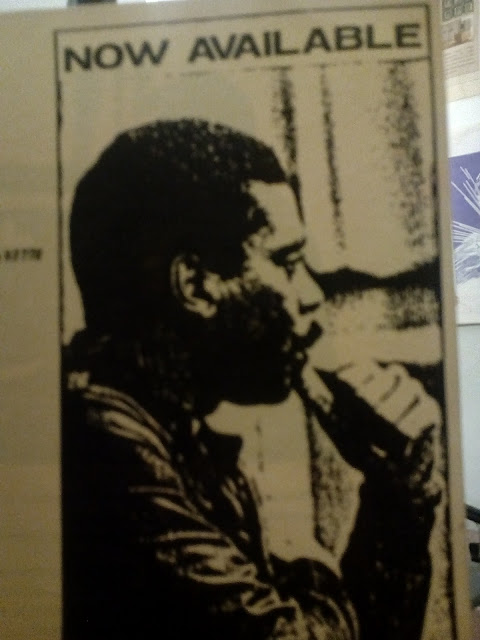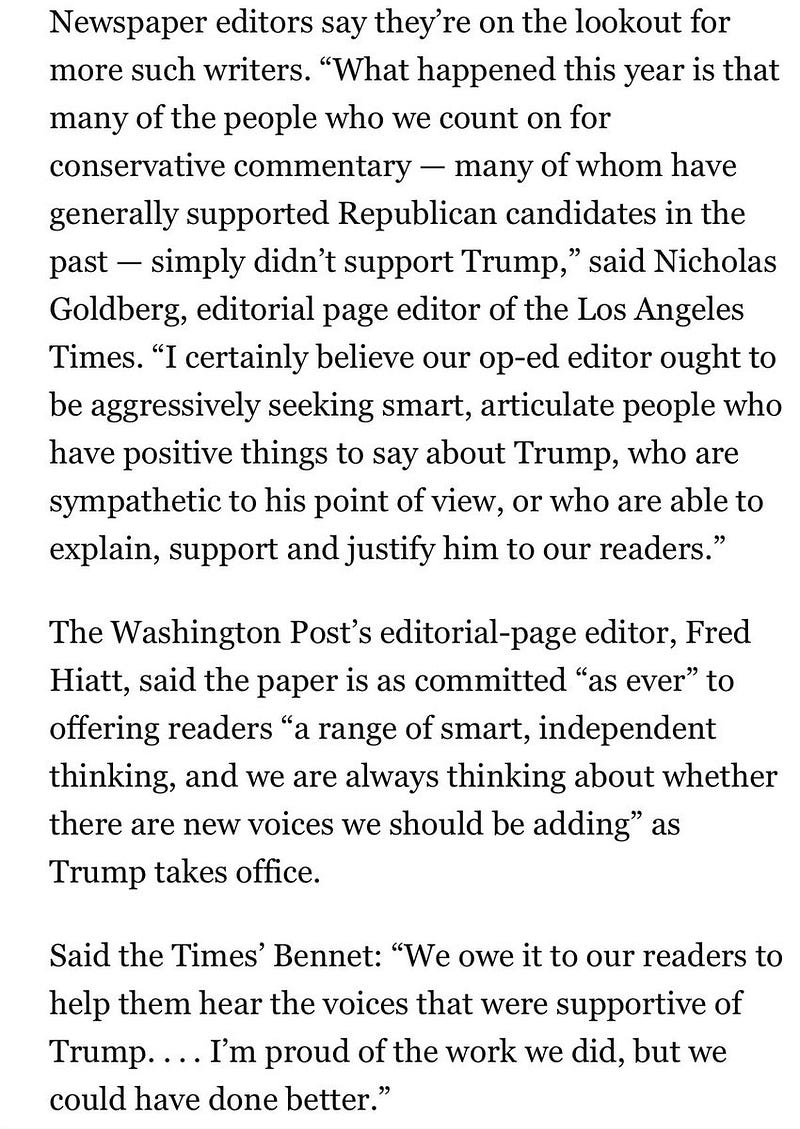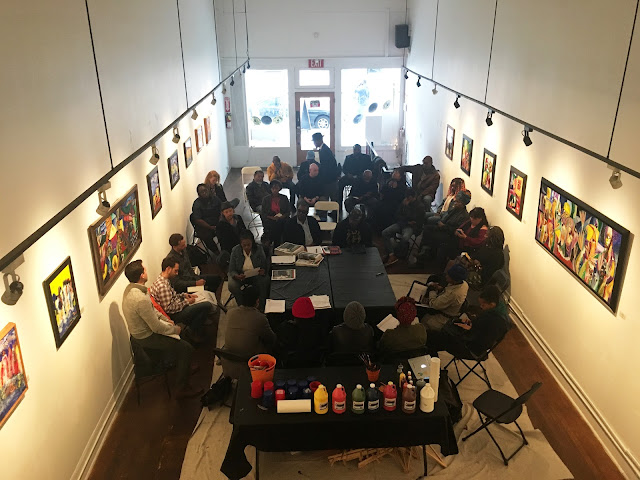Syrian poet, novelist, professor Mohja Kahf and poet Marvin X at the University of Arkansas, Fayettevile where she teaches English and Islamic literature. She considers Marvin X the father of Muslim American literature.
Marvin X on Sectarianism
Marvin X
Black Arts Movement poet
photo
Gene Hazzard
Sectarianism has been known to spark
religious violence throughout history. For many years we
saw the ugly head of sectarianism in the struggle
between Catholics and Protestants in Ireland, the
constant bombings and killings.
In Africa violence between Muslims
and Christians in Nigeria has approached genocide. Iraq
is the latest hot spot of sectarian violence between
Sunni and Shia Muslims. For decades the Shia had been
oppressed by the Sunni minority, especially during the
regime of Saddam Hussein. When he was overthrown by the
US and the Shia majority took political power, naturally
the Sunnis were resentful, no one likes to lose power and
privilege. Because many Sunnis look upon Shia as
heretics, this justifies their sectarian cleansing, even
though there has been Sunni/Shia harmony, including
marriages throughout the years, but presently there is
migration of Shias from Sunni neighborhoods and towns
and visa versa. Very little of the refugee plight has
made news.
Of course the US is the cause when
she installed the Shia majority, even though majority
should rule, we are taught in American Democracy 101.
But the resulting violence was predictable and much of
it could have been prevented if the Americans had not
been the "peacemakers."
Now the violence is being instigated
by the insurgents who are directing their wrath against
the Shia as well as the Americans. And naturally the
Shia are taking revenge since they have political and
military power, including their own militias integrated
into the army and police but loyal to their sect leaders
and imams.
We must see the Sunni violence
against the Shia in the broader picture of regional
politics. The Sunni regimes in Saudia Arabia, Egypt,
Jordan, Sudan, the Gulf States and elsewhere have no
desire to see a Shia government in Iraq, however loosely
allied it may be with Shia Iran. The Sunni governments
have stated their opposition to a Shia expansion from
the Tigris/Euphrates to the Mediterranean, uniting with
the populations of Shia in Syria and Lebanon where the
Hezbollah fighters are a political and military force
supported by Iran.
Have no doubt that the regional Sunni
regimes support the insurgency in Iraq. These regimes
would rather have their young men leaving their nations
to commit suicide in Iraq rather than be part of the
opposition within their authoritarian regimes. Better
their sons fight the infidel Americans and heretic Shia.
Of course the historical dispute
between the Sunni and Shia began in 632AD upon the death
of prophet Muhammad (PBUH). Thus this Sunni/Shia
conflict is much more outstanding than colonialism,
including the neo-colonial Americans. There is no hatred
like religious hatred. We can see that violence between
Sunnis and Shia has surpassed that between Sunnis and
the Christian Americans, supposedly the enemy of all
Muslims. For sure, Americans were the catalyst, but the
roots of the present sectarian violence began over
succession to the prophet Muhammad (PBUH).
The Sunnis said the successor should
be selected from among the people, Abu Bakr. The Shia
said it should be from the prophet's bloodline, Ali. The
Sunnis won out and labeled the Shia heretics, especially
when they elevated the status of Imam Ali and future
Shia Imams to the level of the Caliphs or rulers after
the prophet, including veneration of their tombs in
various Shia holy cities such as Qum in Iran, Najaf and
Karbala in Iraq. Several Shia imams were assassinated,
including Ali and Hussein.
There are major Shia rituals that
celebrate the martyrdom of their imams. The Shia feeling of lost is similar
to the feeling of lost among Sunni Muslims in America
about Malcolm X allegedly being assassinated by the
Nation of Islam. This feeling of lost is shared by
much of the African American community.
Malcolm's death caused a great
division that has yet to heal and may never heal,
despite the unifying efforts of Farakhan with his
Million Man Marches and other efforts.
Perhaps we can understand the Sunni/Shia
struggle from this perspective. There are some Blacks
who hate other Blacks as a result of the Malcolm X
affair more than they hate the white man for all his
centuries of evil and wickedness against Blacks. For the
US government's role in the Malcolm affair—and
have no doubt about their involvement, they benefited by
divide and conquer, that classic Willie Lynch slave
master tricknology.
Sectarian violence in Iraq may
continue unabated, for it is beyond civil war, beyond
American occupation, but deeply rooted in religiosity,
myth and ritual. Even Sunni fear of Shia regional
expansion is rooted in Shia eschatology or end time.
This is evident in pronouncements from the Shia regime
in Iran, boldly determined to pursue a nuclear weapons
future and calling for the destruction of Israel,
motivated by their belief the time has arrived for Shia
geo-political and spiritual domination, and certainly
Iraq will play a role in this Shia myth-ritual drama.
This drama has implications far
beyond any American notion of installing democracy in
Iraq or anywhere else in the region, for people are
motivated by mythology and prophecy, political
aspirations being secondary. It is their spiritual
aspirations that are primary. Shia Iran appears prepared
to commit mass suicide challenging the Americans and
Europeans over nuclear technology, even though the
Iranians have every right to posses the Islamic bomb,
just as we have the Jewish bomb and the Christian bomb.
I say get rid of all the nuclear weapons or level the
playing field as in the wild wild west: let everybody
pack.
As per Iraq, it doesn't matter
whether the Americans stay or go, they have opened
Pandora's box and mean spirits are blowing in the desert
winds. Only Allah knows how these issues will be
resolved. Perhaps the Sunnis and Shias shall fight until
they tire of killing, then reconcile in the manner of
Isaiah, "Let us reason together."
Source: Beyond Religion, Toward Spirituality, Black Bird Press,
2007 (c) 2006 by Marvin X (El Muhajir)
*
* * * *
Marvin X has given permission to
Harvard University to publish his poem "For El Haji
Rasul Taifa" from Love and War: Poems by Marvin X
(1995). The poem will appear in The Encyclopedia of
Islam in America Volume II, Greenwood Press, edited
by Dr. Jocelyne Cesari of Harvard's Islam in the West
Program. Mr. X is co-editor of the forthcoming anthology
Muslim American Literature, University of
Arkansas Press, edited by Dr. Mojah Khaf. He is also in
the forthcoming Muslim American Drama, Temple
University.
from Chickenbones, posted 19 June 2006




















 j
j










 l
l
